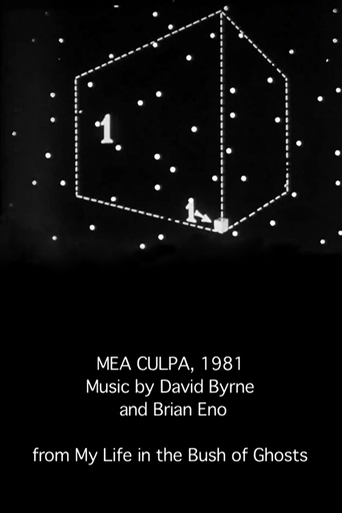



People are voting emotionally.
Good , But It Is Overrated By Some
One of those movie experiences that is so good it makes you realize you've been grading everything else on a curve.
View MoreIt is an exhilarating, distressing, funny and profound film, with one of the more memorable film scores in years,
View MoreMEA CULPA is a suitably abstract exercise by the late underground master Bruce Conner, but lacks the vitality and originality of his seminal '60s works. I was an early fan of his, watching the films circa 1968/69 at our weekly "Underground" 16mm film screenings in Cleveland, shown locally at midnight on Fridays and Saturdays at the Heights, Continental and Westwood Art Theatres.The star of this show turns out to be synthesizer specialist Patrick Gleeson, whose work as a sideman on various jazz LPs by Joe Henderson in the '70s first attracted my attention. Here his eerie sounds dominate Conner's visuals.Using a sepia monochrome tint, Conner has shots of mountains, a canal, a rabbit awakening, cloud formations, floral arrangements and other random objects to create the mood. Much of his imagery is merely cryptic, such as a girl "number 12" and the familiar extreme slo-mo shot of a milk droplet "exploding" in closeup.Of course, in the '60s it was the borderline between underground/ experimental (Conner, Warhol, Emshwiller) and soft porn (McDowell, the Kuchars, the Findlays) that made us "go underground and see the light", to quote the advertising tag line of the time. Conner's effective '60s nudes were titillating, and his later work lacks their provocative presence, because pornography had surfaced in the '70s, making what was once underground passe.
View More